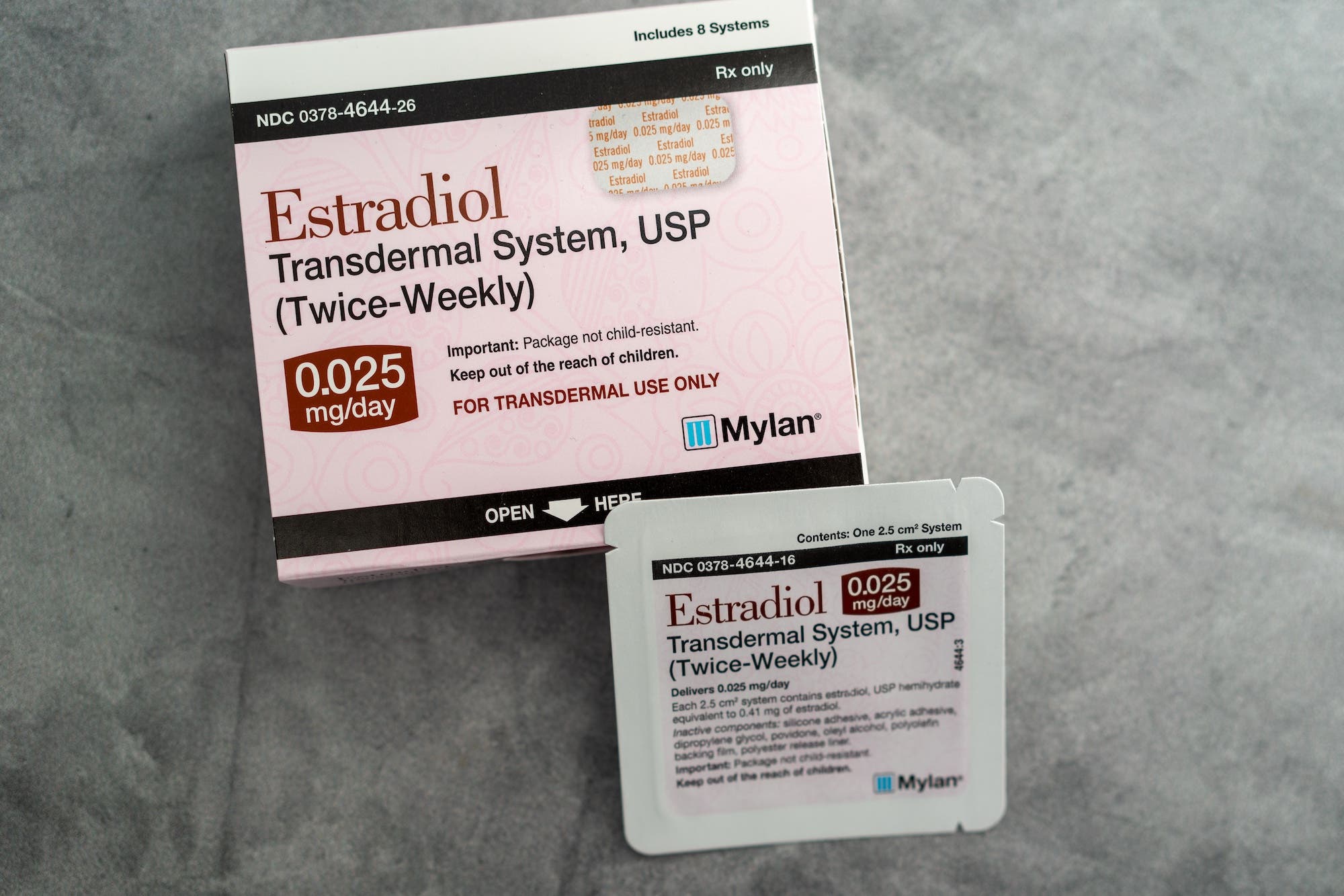If you’ve been diagnosed with varicocele or suspect you have this condition, your first thoughts may be about your future family planning. Let’s take a look at this common issue and what it could mean for your fertility.
Pronunciation: ver-a-ko-seal. (If you get it wrong, don’t worry—you’re not alone.)
What is a varicocele?
Varicocele is an enlargement of the veins within the scrotum, the loose skin that houses the testicles. It’s similar to varicose veins in the legs, and it’s relatively common, occurring in roughly one in six (over 15%) people assigned male at birth.
What causes varicocele?
Researchers believe that varicocele is caused by defects in the valve(s) that regulate the blood flow to and from the testicles. When the valves have a fault, blood can back up within the veins, causing bulging and stretching.
In most cases, this happens during puberty, when changes to the sex organs increase blood flow. Interestingly enough, it happens most often—around 90% of the time—in the left testicle, but can also occur in the right testicle or in both (known as bilateral varicocele).
What are the symptoms of varicocele?
Varicocele doesn’t usually cause any symptoms, and most people with this condition don’t even notice. If there are symptoms, they often manifest as:
- A periodic ache or heaviness in the testicles that worsens as the person goes through the day.
- Increase in discomfort during hot temperatures or weather.
- Pain or pressure after doing something physical.
- Relief when lying down.
- Fertility issues.
Having varicocele doesn’t automatically mean it’s affecting sperm health. However, varicocele is associated with infertility; according to UCLA Health, about 40 percent of males experiencing infertility also had varicocele in at least one testicle.
Varicocele can also cause the affected side to shrink. Medical professionals aren’t entirely sure of the relationship between damaged veins and shrinkage of the testicle, but it could be due to increased pressure or exposure to toxins in the blood.
How do medical professionals diagnose varicocele?
Since most people with testicles may not even realize they have varicocele, diagnosis happens through a physical exam. A doctor examining the testicle could notice visible veins and confirm through a small physical exam.
Smaller varicoceles can be diagnosed with Doppler ultrasonography, a technique that listens for backflow through the valves. Doctors may also use thermography, an infrared process that senses pockets of heat created by the pools of blood in the enlarged veins.
Varicocele and male fertility
There has been ongoing debate about the effects of varicocele on fertility, but the most recent literature strongly suggests a link. A massive literature review published in 2011 found that, despite conflicting studies, some research found significant improvements in fertility after varicocele repair.
Varicocele doesn’t cause blanket infertility, but it may be associated with altered semen parameters. Why? Some potential mechanisms:
- Increased heat. The ideal temperatures in the testicles is about 5ºF below normal body temp. The blood pooling in the veins, known as venous reflux, may raise temperatures in the testicles just enough to affect sperm production.
- Oxidative stress. Reactive oxygen species (ROS), or “free radicals,” are natural byproducts of cellular metabolism; their levels are elevated as a result of infection, inflammation, toxin exposure, etc. When ROS levels get too high, they can damage cells—including sperm cells. This is known as oxidative stress. Studies demonstrate that men with varicocele(s) have higher levels of reactive oxygen species in their semen.
- Hormone imbalance. Because testosterone is produced in the testicles, varicocele may affect lower testosterone levels and affect the balance of male fertility hormones. Changes in hormones can affect overall sperm quality.
- Breach in the blood-tissue barrier in the testis. The barrier between the blood and the tissue of the testicle typically protects sperm from any immune cells that may otherwise attack them. However, studies show a correlation between the presence of varicocele and anti-sperm antibodies (immune cells that destroy sperm), suggesting varicocele may cause a breach in the BTB.
- Reduced blood flow to the testes. Altering the amount of blood the testes receive could affect the environment, production, and quality of sperm.
Impact of varicocele on male fertility parameters
According to a study from March of this year, varicocele patients have a significant reduction in average semen parameters and an increase in sperm DNA fragmentation, damage to the genetic material carried by sperm. The study examined 84 varicocele patients and 85 healthy patients. Researchers suspected that chronic inflammation caused by varicocele, and the associated oxidative stress, reduced overall semen parameters.
Additionally studies provide further evidence connecting varicocele and sperm DNA fragmentation. A 2006 study found a higher percentage of class III and class IV DNA fragmentation (meaning, high levels of damage) in adolescents with at least one varicocele-affected testicle. Another study pointed to chronic inflammation as a potential source of sperm disruption.
Should I treat my varicocele? What are the treatment options for varicocele?
Varicocele doesn’t always require treatment. If there’s no ongoing pain or discomfort, or no fertility issues, treatment—especially surgery—isn’t an automatic path. However, for those experiencing either challenge, there are surgical and nonsurgical treatment options.
If it’s causing pain or discomfort, treatment can reduce those symptoms. For those of you considering future family planning, it can help to make an informed decision about seeking treatment.
- Test your sperm: The first thing to do is complete an at-home sperm testing kit along with a sperm DNA fragmentation analysis to give you a complete picture of your sperm health. If your varicocele isn’t affecting your semen parameters or sperm genetic health—and it’s not causing you pain—you may not need to seek treatment at all.
- Talk to your medical professional: If your semen analysis comes back with abnormalities, you can discuss the right treatment path with your medical professional.
Nonsurgical treatment for varicocele
Treatment can be as simple as anti-inflammatory medications, or wearing snug underwear or a jockstrap to provide support for the testicles. These treatments reduce discomfort, but may not reverse any effect of the varicocele on male fertility.
Embolization is also a nonsurgical treatment option. During embolization, a catheter is used to place a coil or other obstacle into the damaged vein to block it and redirect blood flow. Embolization is less invasive than surgery, and is an outpatient procedure with a shorter healing period. However, embolization may have a higher rate of failure than surgical varicocele repair.
Surgical repair for varicocele
Similar to embolization, surgery can help redirect the flow of blood to reduce pockets and fix any valve issues causing the flow issues in the first place. The surgeon ties off the unhealthy vein while preserving the overall vein and artery structure. This process is known as “varicocelectomy.”
Post-treatment improvement in semen parameters
Studies show a strong link between varicocele repair surgery and both improved sperm parameters and increased rates of pregnancy. Some studies also estimate that embolization, if successful, will produce a similar improvement.
- A 2016 study found a positive correlation between reconstructive surgery and live birth rates. This meta-analysis looked at 7 studies totaling 1,241 azoospermic (zero sperm count) and oligospermic (low sperm count) males with varicoceles.
- A 2021 study found a statistically significant increase in motile sperm count (from less than 5 million before surgery to between 5 and 9 million after), as well as increased sperm quality post-surgical repair.
- A small 2018 study looked at 17 patients who had varicocele surgery. After reparative surgery, sperm concentration increased by 4.3 million sperm/mL and motility improved by 12%.
- A 2020 study looked at patients that underwent surgical correction versus patients who opted for fertility treatment without varicocelectomy. The study found an improvement in pregnancy rates in the group that underwent varicocele repair.
Living with varicocele
If you find out you have varicocele, the first step should be to get a deeper picture of your sperm health through at-home semen analysis. Then, you and your doctor will be able to make an informed decision for your fertility and your health.



